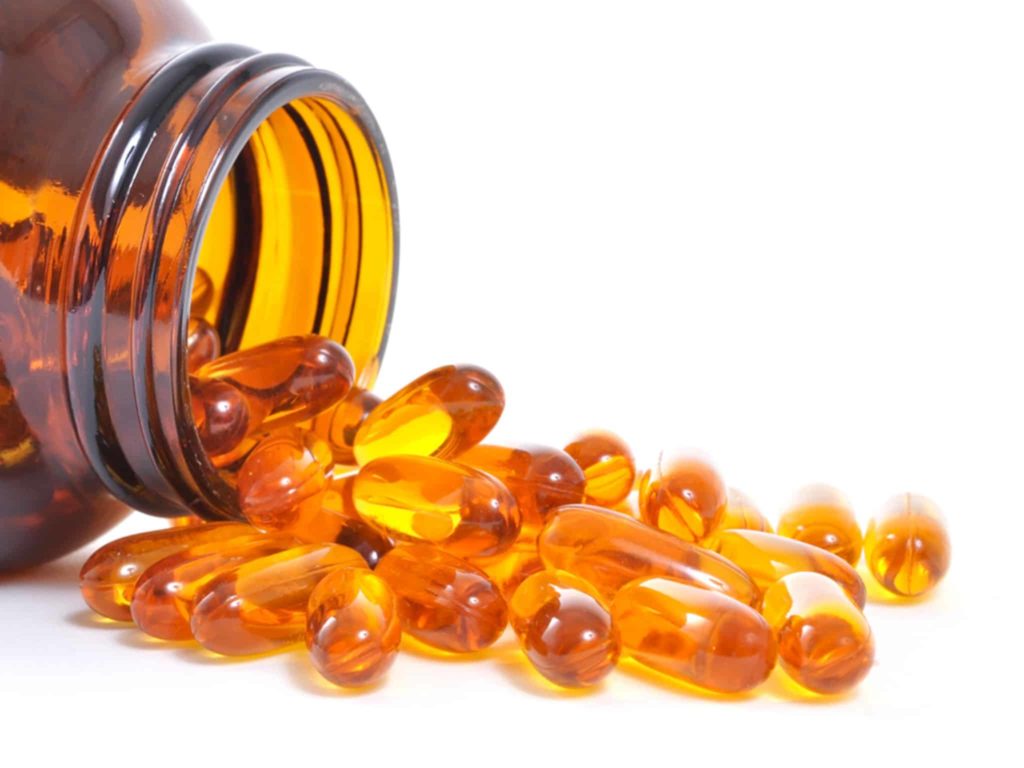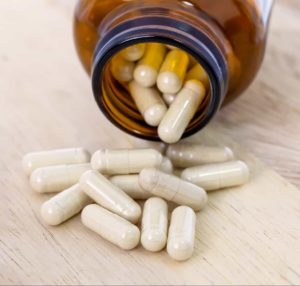“I recently decided to change to a vegan diet. I’m also an avid gym goer trying to build strength and muscle. The biggest reason I didn’t become a vegan sooner is that I’d heard that plant based proteins are not as “bioavailable” as animal protein. Not sure how true this is, so I ask my favorite nutritionist.”
It’s true that animal-based protein generally has a higher biological value than plant-based protein. Because animal proteins deliver essential amino acids in proportions similar to the body’s requirements, it’s easier for our bodies to use these amino acids to synthesize new proteins.
This doesn’t mean that vegans cannot build strength and muscle, but they will probably have to work a bit harder at it. Continue reading “How to Build Muscle on a Plant-Based Diet”







